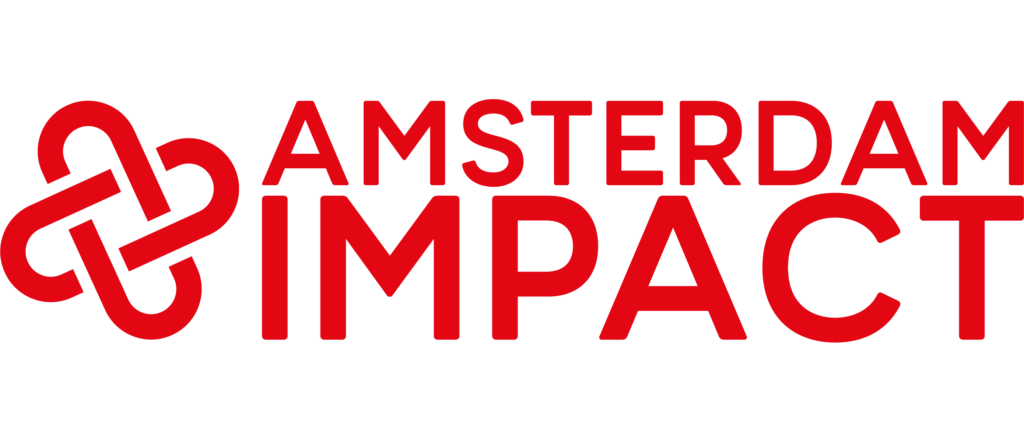Green at Heart
This project page is continuously updated with the latest insights and opportunities related to Green at Heart. Check back regularly to stay up to date on new developments and ways to get involved!
Learn more about this project below ↓

Europe’s climate and sustainability ambitions can not be met by large corporations and public institutions alone.
Small and social enterprises are on the frontlines of innovation, local job creation, and circular practices—yet they remain under-supported by current regulatory and financial frameworks.
LATEST RELEASE
Policy paper: Enabling SMEs to lead the green transition
Europe’s climate goals can only be achieved if small and social enterprises are empowered to act. Yet too often, fragmented policies and limited support hold them back.
This policy paper—developed through the Green at Heart project—distills real SME experiences into clear, actionable recommendations for policymakers. From smarter regulation to tailored financing and capacity building, it shows where your decisions can unlock the full potential of SMEs in driving Europe’s green transition.

We’re on a mission to make businesses Green at Heart
The Green at Heart program follows a structured, multi-phase approach to support SMEs in advancing their sustainability efforts. Three phases of the program have thusfar been completed – with much more coming up.
In Phase 01, 272 SMEs that met the criteria gained access to the ESG tool and three guiding webinars, while up to 20 manufacturing companies also received a circularity assessment tool, a dedicated webinar, and a one-on-one results session.
Phase 02 invited all participants to submit a sustainability action plan based on insights from the tools and webinars. In October, 60 SMEs with the most promising roadmaps were selected to receive grants of up to EUR 8,000, enabling them to begin implementing their plans immediately. To ensure progress, the first check-in calls were conducted to track developments and gather insights for the next program phases.
Finally, in Phase 03, fifteen selected entrepreneurs had the opportunity to attend an entrepreneurial bootcamp in Vienna, further equipping them with the skills and knowledge to drive sustainable impact.
View the full project timeline below ↓
Timeline overview
Green at Heart article library
Our project team- and partners regularly publish articles covering key developments, lessons learned, and success stories from the Green at Heart program. Check back regularly to stay up to date!
Or, consider subscribing to our newsletter to receive updates.
Green at Heart Bootcamp: How collaboration sparks change
BY IMPACT HUB AMSTERDAM ON 02.04.2025
Discover how 18 social SMEs from six EU countries came together at the Green at Heart Bootcamp in Vienna to transform ESG reporting from a compliance task into a catalyst for growth and innovation. Read on to learn how collaboration and strategic ESG investments are unlocking new opportunities for sustainable business practices.
How SMEs can contribute to a just and sustainable world
BY IMPACT HUB VIENNA ON 28.03.2025
Small and medium enterprises (SMEs) have the power to drive real change by embedding sustainability and social justice into their core operations. This article explores practical ways SMEs can make a lasting impact—read on to see how businesses of any size can be a force for good!
Playing the green game: Nurturing sustainability in the startup ecosystem
BY IMPACT HUB NETWORK ON 14.02.2025
Small and medium enterprises (SMEs) have the power to drive real change by embedding sustainability and social justice into their core operations. This article explores practical ways SMEs can make a lasting impact
Reflecting the journey of Green at Heart
BY IMPACT HUB VIENNA ON 02.10.2024
Since its launch, Green at Heart has supported SMEs across Europe in embedding sustainability into their operations. With over 300 enterprises engaged, 50 completing the self-diagnosis phase, and dozens more attending webinars and info sessions, the initiative is helping startups and social enterprises turn ESG and circular economy ambitions into tangible actions.
Introducing Green at Heart: 5 reasons to become Green at Heart
BY IMPACT HUB AMSTERDAM ON 20.12.2023
What does it take to put sustainability at the core of a business? This article dives into how companies can move beyond buzzwords and truly embed sustainable practices.
![]()
Funded by the European Union.
Views and opinions expressed are however those of the author(s) only and do not necessarily reflect
those of the European Union or European Innovation Council and SMEs Executive Agency (EISMEA).
Neither the European Union nor EISMEA can be held responsible for them.






